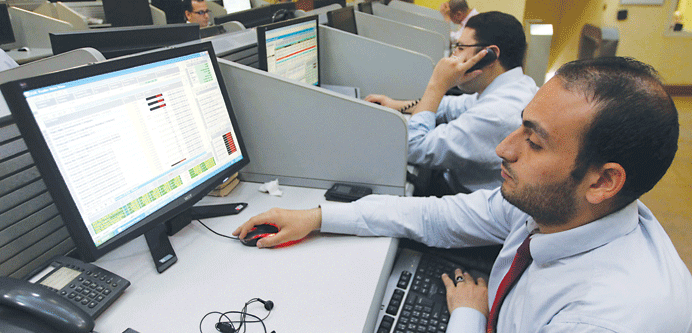Zawya Dow Jones/Abu Dhabi
The International Monetary Fund is currently examining Egypt’s plan to address its economic challenges, before deciding on a much needed $4.8bn loan, the cash-strapped country’s top central banker has said.
“The IMF is verifying the numbers with the government regarding the [proposed] programme, the budget deficit, and at a later stage may decide on [the loan],” Hisham Ramez, Egypt’s central bank governor, told reporters after an Arab central bankers meeting here. “I can’t really tell you when will the IMF make a decision,” he added.
The IMF last month said it had no immediate plans for a new bailout mission to Egypt as it awaited updated economic data and reform plans from the authorities. President Mohamed Mursi’s government has so far failed to meet the IMF’s two preconditions for a bailout-tax increases and a fuel subsidy phase-out-amid ongoing political turmoil.
Political instability following the revolution that toppled the former president Hosni Mubarak’s regime in early 2011 has left Egypt’s economy in tatters as foreign investors cut their exposure to the country and income from some crucial sectors such as tourism slowed.
Ramez however said that speculation about a massive flight of capital from Egypt “is way too much exaggerated”.
But the government’s initiative to revitalise Egypt’s credentials as an investment destination received another blow last week when index compiler MSCI Inc warned that the country might lose its emerging market status amid concerns that international investors are having problems repatriating their investments. Ramez on Saturday moved to negate those concerns, saying the country had implemented a mechanism in March to ease repatriation for investors. “There is no problem in that.”
London-based Capital Economics, highlighting the ongoing political unrest and persistent capital flight in Egypt, said in a note that political developments are more likely than the MSCI downgrade to have an impact on the market or the economy.
The country’s foreign currency reserves meanwhile rose by about 11% to reach $16bn at the end of May, above a critical minimum to cover three months of imports some analysts say, but a big chunk of the cash has come in the form of deposits from countries such as Qatar. Egypt had reserves of about $36bn before the 2011 uprising.

